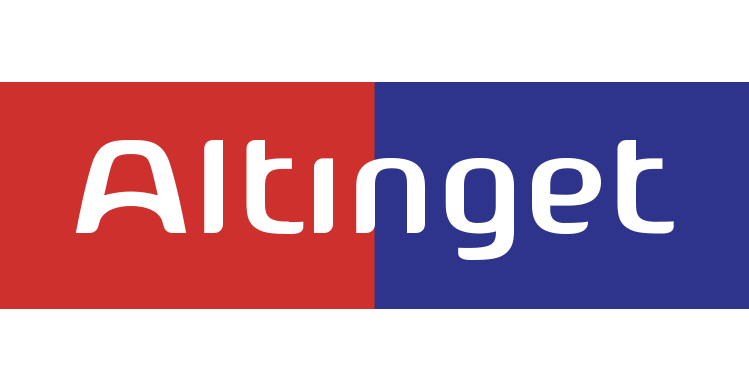Collaboration between sports clubs and public institutions
In the past two decades, several European countries have sought to promote a closer and more formalised level of collaboration between voluntary associations and public institutions. These policies aim to integrate associations in the various forms of public services delivered by local public institutions. This also applies to sports clubs. The purpose of this paper is firstly to analyse the extent of and attitude towards collaboration and co-production among sports clubs in Denmark and secondly to explore the organisational factors that are conducive to collaboration. The study examines the importance of three factors for collaboration: Size of the sports club, professional staff members, and community orientation and embeddedness. The analysis is based on data from an online survey of associations in five very different municipalities in Denmark, which included 832 sports clubs of which 48 per cent answered the questionnaire. The analysis shows that there is widespread collaboration between sports clubs and local public institutions in Denmark and that clubs have a positive attitude towards collaboration. However, collaboration with a public institution is for most sports clubs a relatively marginal activity and the vast majority of clubs do not support the idea that associations should contribute to the resolution of municipally defined tasks. For most clubs, collaboration is not a central part of their activities and goals. The extent of sports clubs’ collaboration with municipal institutions depends primarily on two factors: the size of the club and its community orientation. The professionalisation of the club has no significant impact on the extent to which sports clubs collaborate with local public institutions.
Afsender/institution/forlag: | Syddansk Universitet |
Udgivelsesår: | 2019 |
Kategori: | Samskabelse |
Publikationstype: | Tidsskriftartikel |
Sprog: | Engelsk |
Status: | Udgivet |
Peer reviewed: | JA |
Fuld adgang: | NEJ |
